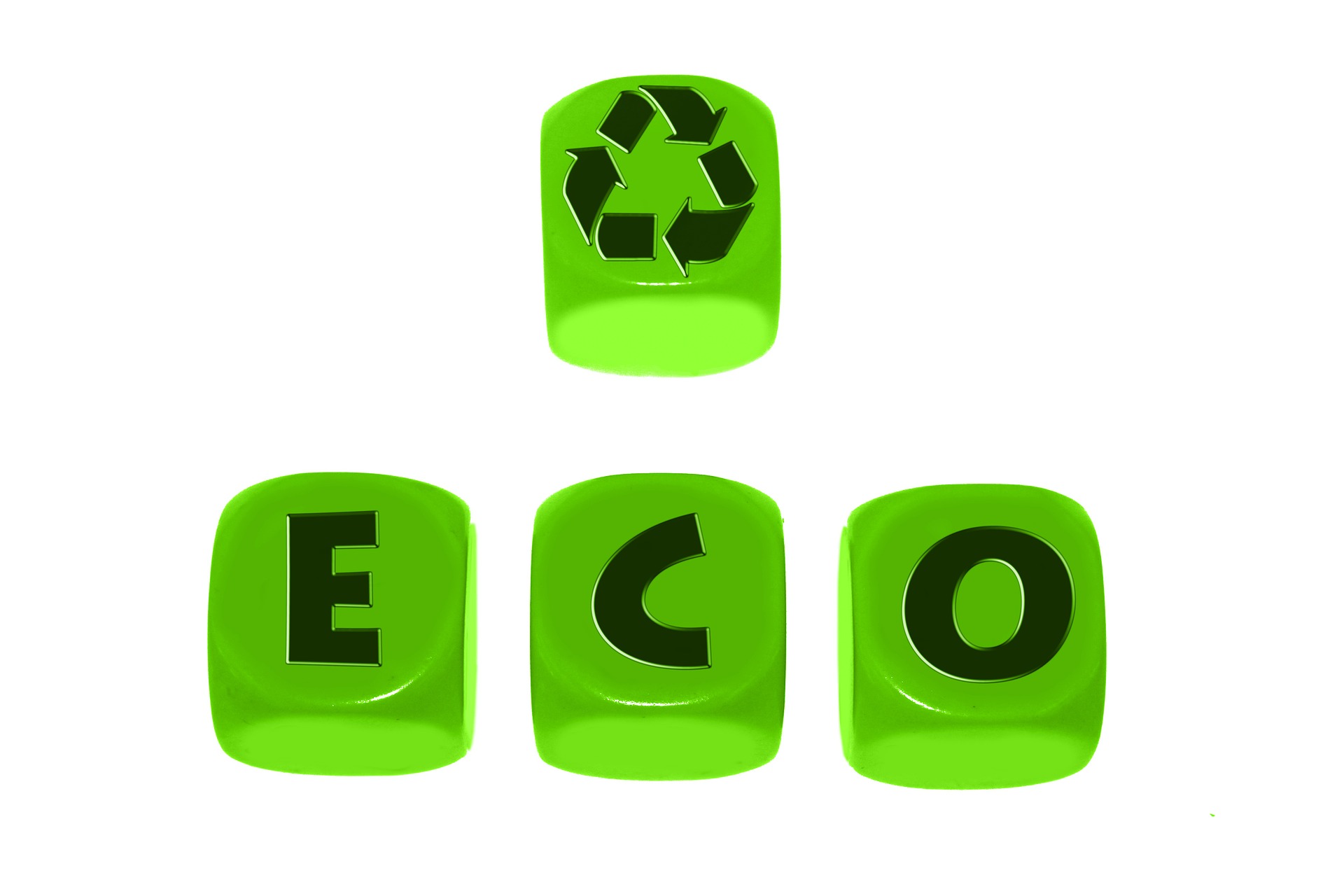 The concept “Cradle to Cradle”, proposed in 2002, is the idea of a closed cycle production. It is based on principles inherited from nature:
The concept “Cradle to Cradle”, proposed in 2002, is the idea of a closed cycle production. It is based on principles inherited from nature:
- Everything is a resource for something else. Human-made products can be returned to the biological environment as nutrients or reused to create new products.
- Design and products must be appropriate to local conditions, and materials used must not be allowed to enter foreign environments.
- Use of clean renewable energy.
The C2C concept is designed to minimize human damage to the environment through cyclical rather than linear production. The latter leads to a large amount of waste.
NTL Upakovka adheres to the global C2C concept, develops and implements new technologies in the field of packaging materials, meeting the principles of closed-loop production.
Concept structure
According to C2C, all materials that are used in the manufacture of products are divided into organic and technical and have separate life cycles. Organic materials, “emerged” from nature, must return to nature. Their life cycle consists of application and subsequent return to the environment, where they are decomposed into organic constituents and re-enter the food chain.
Technical materials are synthetic, harmless and non-toxic substances. Once created and used, they can be recycled back into the production cycle as part of a new product. At the same time, the integrity of technical materials should not be violated so that non-degradable waste does not appear.
Product standard according to the C2C concept
To make it easier to determine the environmental friendliness of products, the C2C concept has provided product certification since 2005. It is the global benchmark for product safety and sustainability. In order to receive a certificate, products must meet the basic criteria of the concept:
- Environmental friendliness of materials. Use in the production of materials and chemicals that are safe for human health and the environment.
- Reuse of materials. Materials must not leave a closed cycle, that is, they must be recycled and reused, excluding waste.
- Renewable energy production. In the course of manufacturing goods, it is important to reduce climate-changing carbon emissions.
- Rational use of water resources.
- Business ethics. The production cycle must meet the social interests of all people involved.